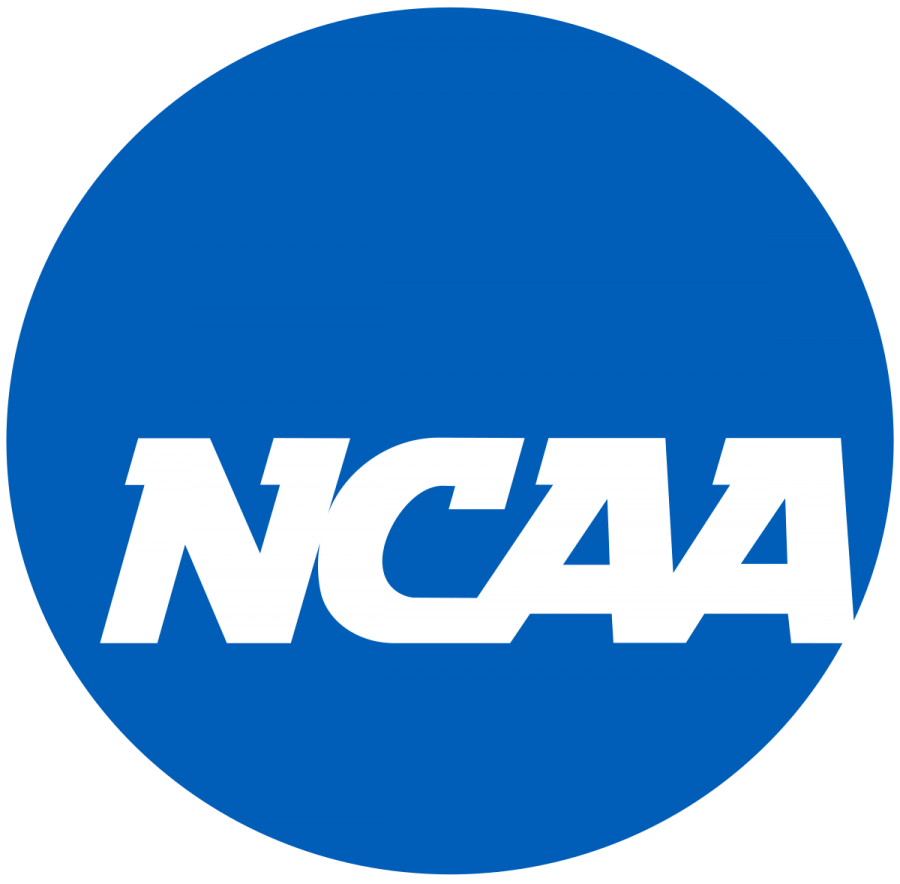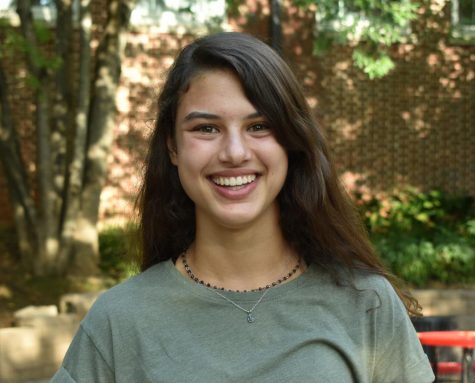College athletes receive enough compensation
A new California law set to become effective in 2023 to allow college athletes to be compensated challenges the NCAA’s stance on on the issue.
October 15, 2019
Recently, California Gov. Gavin Newson approved the Fair Pay to Play Act, which allows student athletes in the state to be paid for the use of their names, images, and likenesses. The bill goes into effect on Jan. 1, 2023. The NCAA, on the other hand, has been reluctant to pass rules that allow collegiate athletes to be paid, and for good reason.
College athletes have very demanding schedules, often practicing every day of the week and sometimes twice a day. With their games and travel schedules, they don’t have much time to focus on anything outside of school and their sports. Those who make the argument that college athletes are not treated fairly for their demanding schedules are wrong. Most colleges compensate their athletes with scholarship money, athletic gear and extra resources such as personal trainers, specialty weight rooms, their own locker rooms, food and nutritionists. According to the NCAA, Divisions I and II schools provide more than $2.9 billion in athletics scholarships annually to more than 150,000 student athletes.
The estimated cost to attend an elite athletic private university such as Stanford for four years is roughly $277,160 for the average student while the estimated cost for attending an elite public athletic university such as Alabama for four years is roughly $112,400 for the average student. These college athletes at universities such as Stanford and Alabama are not paying the majority, or in some cases, any of this tuition and fees money because of their scholarships.
Fewer than 2 percent of NCAA student athletes actually become professional athletes, according to the NCAA. If athletes focused on getting endorsement deals and selling their own merchandise, they would be distracted from what should be, but often is not, their main goal: an education. If college athletes are incentivized to focus more on trying to get paid and less on their educations, they will lose sight of what college should be about, preparing them for a life outside of school and in the real world.
These athletes cannot play sports forever, injuries happen, and if they have no degree or education to fall back on, they are setting themselves up for failure. Even the Pac-12 Conference, which includes four California-based schools, agreed in a statement on its website, “Our universities have led important student athlete reform over the past years, but firmly believe all reforms must treat our student athletes as students pursuing an education, and not as professional athletes.”
Former University of Florida quarterback and Heisman Trophy winner, Tim Tebow, summed the problem of the Fair Pay to Play Act up best, “I know we live in a selfish culture where it’s all about us, but we’re just adding and piling on to that. We’re changing what’s special about college football. We’re turning it into the NFL.” There is a difference between playing in college and playing professionally. College athletics puts more emphasis on “team.” Everyone is putting in the same amount of time and effort and is treated equally with the same respect and care. Professional sports blur those lines. It becomes more about who is making the most money and who can pay the most.
Business passing down into college athletics would ruin the fun of collegiate sports. There would be no more “we”’ or “us,” there would only be “me, me, me.” Most of all, paying student athletes would ruin the passion of college athletics. College rivalries, like UNC vs. Duke or Auburn vs. Alabama, are much more passionate and deeper-rooted than professional rivals. As the SEC motto goes, “It just means more.” Without the amateur aspect, college athletics would be more impersonal, diminishing the entertainment value of the games.








